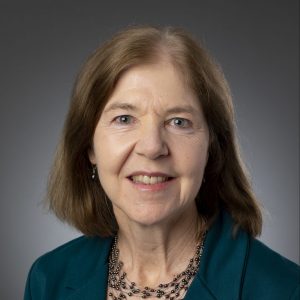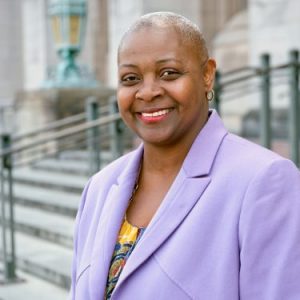Fact Sheet Outlines Health and Safety Implications of EITCs
The federal earned income tax credit (EITC), the largest cash transfer program for low-earning workers in the United States, is an economic policy intended to reduce poverty. Each year, the EITC program provides earning subsidies in the form of tax credits to certain workers based on their pretax earnings, marital status, and number of children.
A multidisciplinary team of researchers with the University of Washington Department of Epidemiology and Evans School of Public Policy and Governance investigated the EITC program an its affects on the rates of multiple types of violence, including child maltreatment, suicide, and intimate partner violence. It is plausible that a tax credit for low-income families could affect violence by improving family income and economic security, which could then lead to less stress, material hardship, and exposure to neighborhood violence.
The results of this investigation are summarized in the EITC & Violence Prevention Fact Sheet.
Researchers find that a 10 percentage-point increase in the generosity of state EITC benefits was associated with:
- a 9% decline in child neglect
- a 5% decline in child maltreatment
- a 4% decline in suicide attempts
- a 1% decline in suicide deaths
(all per year)
Researchers did not find an association between EITCs and intimate partner violence, but they note some restrictions that make it difficult for victims of IPV to receive the EITC.
These findings have policy relevance right now because there are similar programs being discussed and expanded. At the federal level, the stimulus package passed in February included an expansion of the child tax credit. Like the EITC, that credit provides income support to low- and middle-income families. The expansion was temporary but the Biden budget just released includes funding to make it permanent. At the state level, Washington finally funded our own EITC, the Working Families Tax Credit, after not being operational for many years. There are other states that do not have an EITC or have an EITC program that does not benefit low-income families at the levels it could.
Through this investigation, researchers aimed to broaden our scientific understanding of the benefits of providing income support to low-income families, and hope that it will influence state and federal policymakers to think about the potential for providing income support.
This fact sheet was developed by Ali Rowhani-Rahbar (PI), Heather Hill, Steve Mooney, Frederick Rivara, Caitlin Moe, Nicole Kovski, Erin Morgan, and Kim Dalve. Funding for this research was provided by Cooperative Agreement Award U01CE002945 from the Centers for Disease Control and Prevention.
Read more at the UW Department of Epidemiology.
 U.S. Environmental Protection Agency (EPA) Administrator Michael S. Regan has announced his selections for membership of the Science Advisory Board (SAB), including
U.S. Environmental Protection Agency (EPA) Administrator Michael S. Regan has announced his selections for membership of the Science Advisory Board (SAB), including  University of Washington President Ana Mari Cauce and Provost Mark A. Richards announced the selection of
University of Washington President Ana Mari Cauce and Provost Mark A. Richards announced the selection of